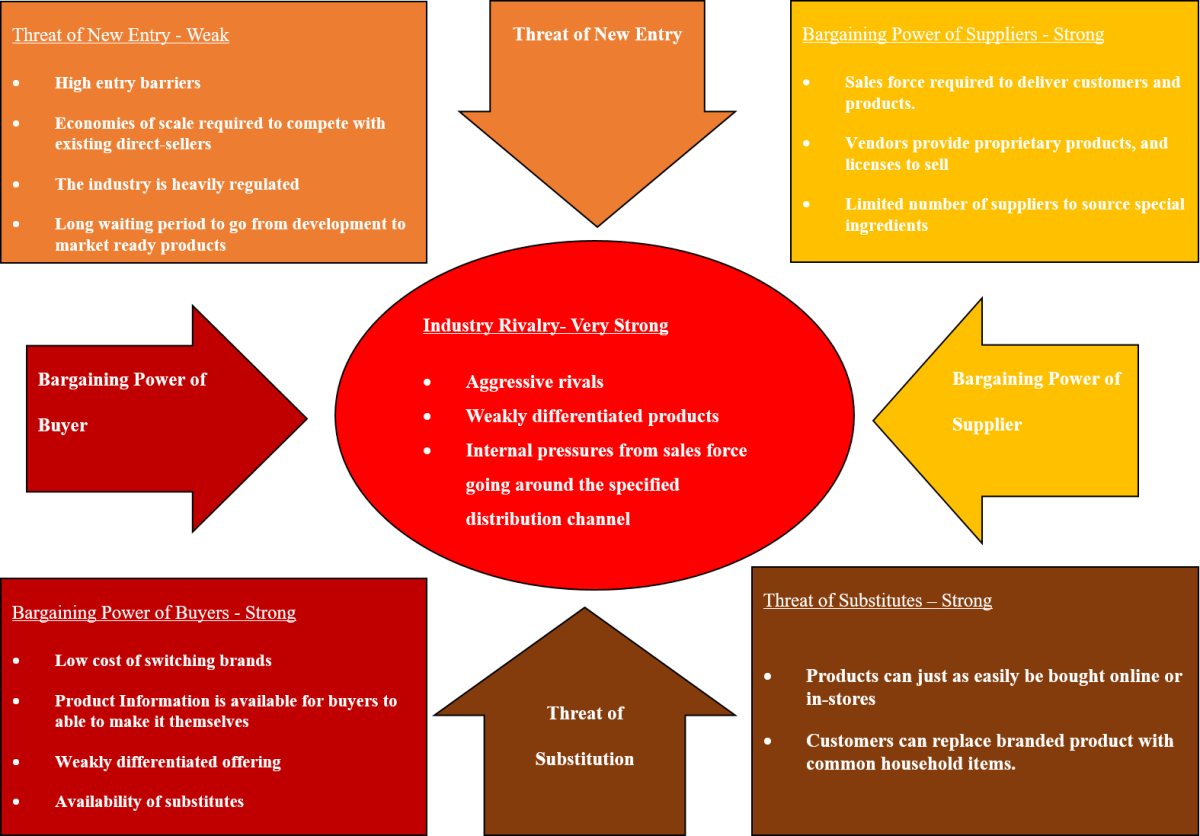To Bid or Not to Bid
Background
Writing a tender can consume a large amount of time and money. To ensure these resources are not wasted, your tendering process should contain the option for a bid / no bid decision. The decision to bid needs to be based on a realistic and carefully weighed assessment of the opportunity, its potential benefits and its costs.
The bid / no bid decision will depend on many factors including; the financial situation, your operational capacity and technical resources, your strategic direction, the professional demands of the contract, the nature, scale and duration of the project, the client calling for the tender and your relationship with them.
The aim of your tenders and strategy personnel should be to establish a clearly defined set of criteria that will:
- Eliminate opportunities with a low chance of success
- Allow you to focus on opportunities that can be won
- Help prevent wastage of resources
Ensure commitment from all stakeholders

Considerations
When considering a Request for Tender (RFT), the decision to bid or not depends on a number of factors. The criteria you develop should reflect the nature of your business, funding bodies and the goals of your organisation itself. The process should be designed specifically for you and address factors such as:
The competitive situation
- Is there a real prospect of a contract or is the client testing the market?
- Does the RFT appear to favour a particular organisation?
- How many others will be competing and who are they?
- How do your strengths and weaknesses stack up against the opposition?
- Does the RFT contain details of how the bid will be assessed?
- Is the program a continuation of an existing one? If so, can you realistically topple the existing contractor?
- What is your reputation with the tendering body?
“When your values are clear to you, making decisions becomes easier.”
Roy E. Disney
The relationship of the contract to our business strategy
- Is the contract in line with you goals and objectives?
- Does the contract fall within your core activities?
- Will the contract bring sustained and reliable income?
- Will the contract give you the opportunity to form strategic alliances with other organisations?
- Will it help to lock your competitors out of a niche market?
- Will the contract cause any conflict of interest?
- Will winning the contract exclude you from any other work?
Bid preparation costs
- Can you afford the costs associated with bid preparation?
- How do the costs compare to the potential profit?
- Have you already invested resources in this opportunity?
Project costs and revenues
- Is the fee structure of the contract clear?
- Does the income and profit match the professional effort required?
- Do you have enough information to prepare a cash flow profile?
- Is there a risk that winning the contract could strain your financial resources
- Are there reasons to bid low?
- Is the program expensive to start and hard to support logistically
- Are there specific insurance costs?
Characteristics of the clients
- Do you have experience with the client’s operational procedures
- Are they good to work for?
- How well do you understand the business needs and attitudes of the decision-makers in the client organisation?
- Is the work located in an undesirable area?
- Will a no bid decision prejudice your chances of further contracts?
- Do you know what type of organisation the client prefers for this type of work?
- Are there any unusual features of the work specification or problems that are unlikely to be resolved by negotiation?
Professional value of the contract
- Will the contract offer a particularly interesting or stimulating professional challenge
- Will it have social, economic, developmental or environmental benefits?
- Will the contract bring you useful political or business contacts, enhance your professional standing and raise your profile in the market?
Implications for your workload, management and personnel
- Is the contract likely to involve you in risks that you are unable to accept, manage or transfer onto the client?
- How does the proposed time-frame relate to your existing work and other business opportunities?
- What is the current state of your workload? Are staff fully committed or do you need this contract to keep staff employed?
- Do you have enough time to prepare a competitive bid?
- Do you have a qualified team leader for the project or can you obtain one?
- Does the specification call for a permanent team and can you meet this requirement?
- Would the contract require a change in your management structure? Would this be a source of tension within the company?
Your skills and experience
- Will the contract mean a steep learning curve or do you have the necessary skills and experience?
- Will the contract complement or enhance your current capabilities?
- Does your experience match the requirements of the contract
- Does the bid indicate the requirement for quality accreditation, EO policy and WHS etc.?
- Does any past experience in similar field suggest any likely problems?
Some of the information required for the points above may be self-evident or it may come from preliminary research of the bid. It is envisaged that the final result of this exercise will be a checklist or decision tree that bid review teams can work through to arrive at a logical decision.
“Never cut down a tree in the wintertime. Never make a negative decision in the low time. Never make your most important decisions when you are in your worst moods. Wait. Be patient. The storm will pass. The spring will come.”
Robert H. Schuller








